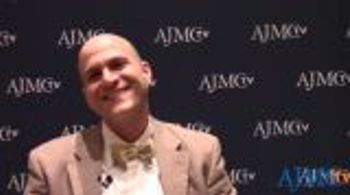
Laurie Wesolowicz, PharmD, director, pharmacy services clinical, Blue Cross Blue Shield of Michigan (BCBSM), says that clinical evidence and other factors can drive formulary decision-making. Evidence can influence the value and coverage recommendations for drugs covered under the pharmacy (formulary) and medical benefits.






